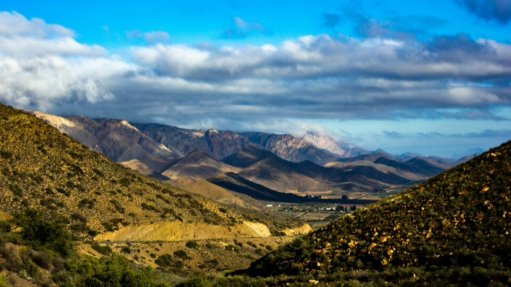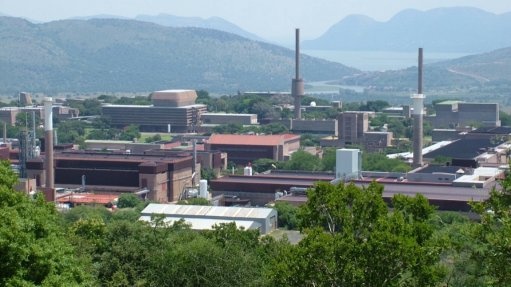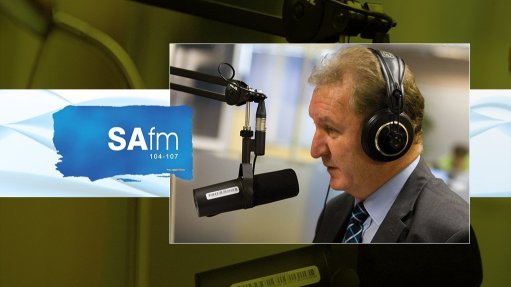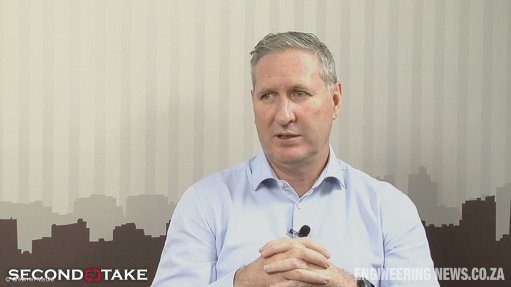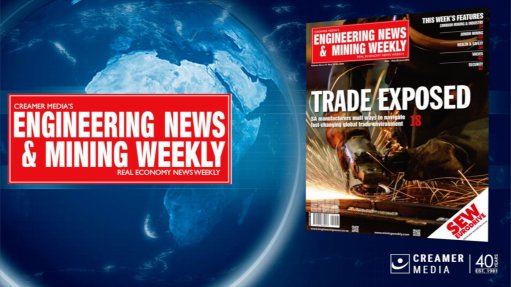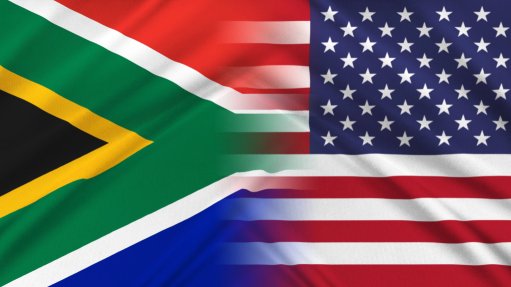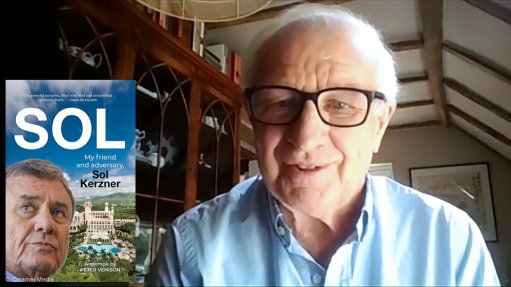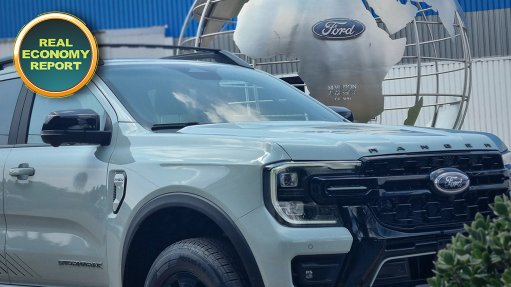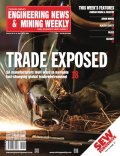African battery pioneer Freedom Won riding loadshedding-fuelled growth wave

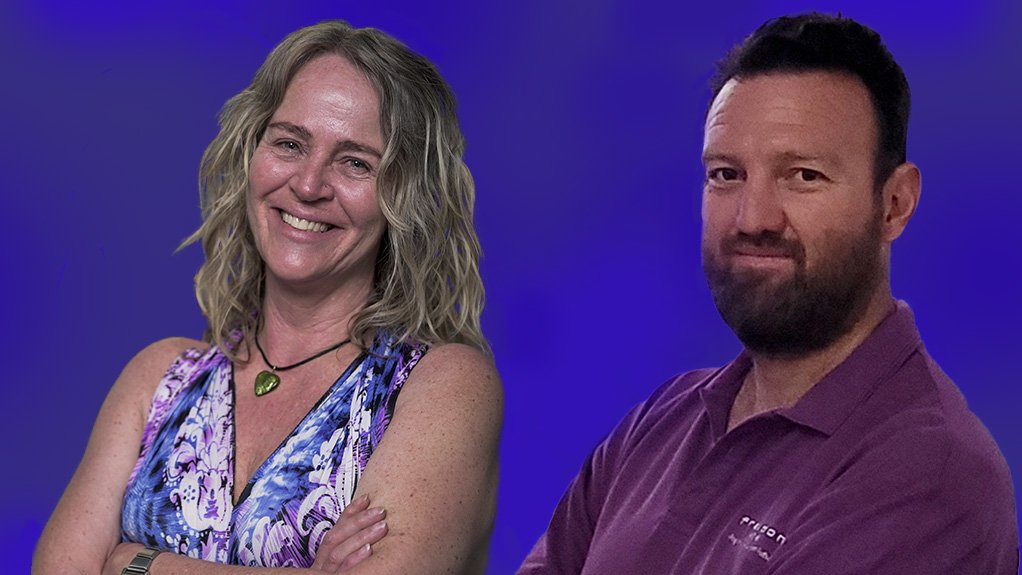
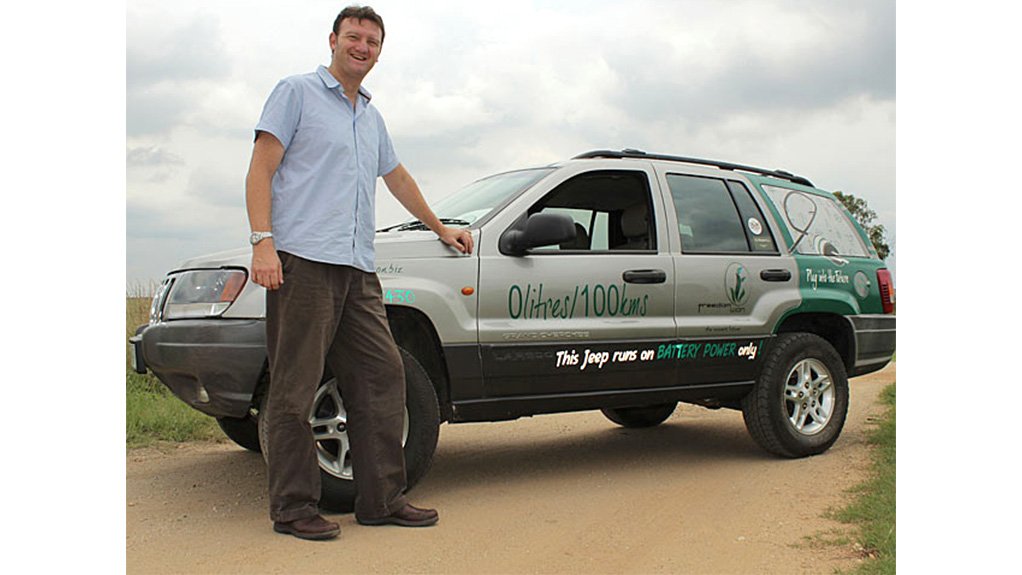
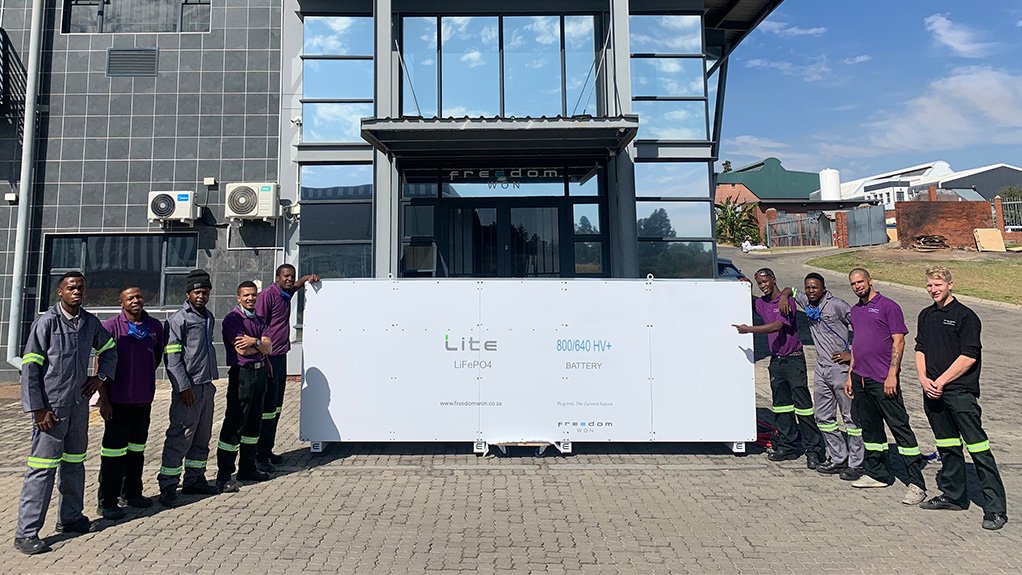

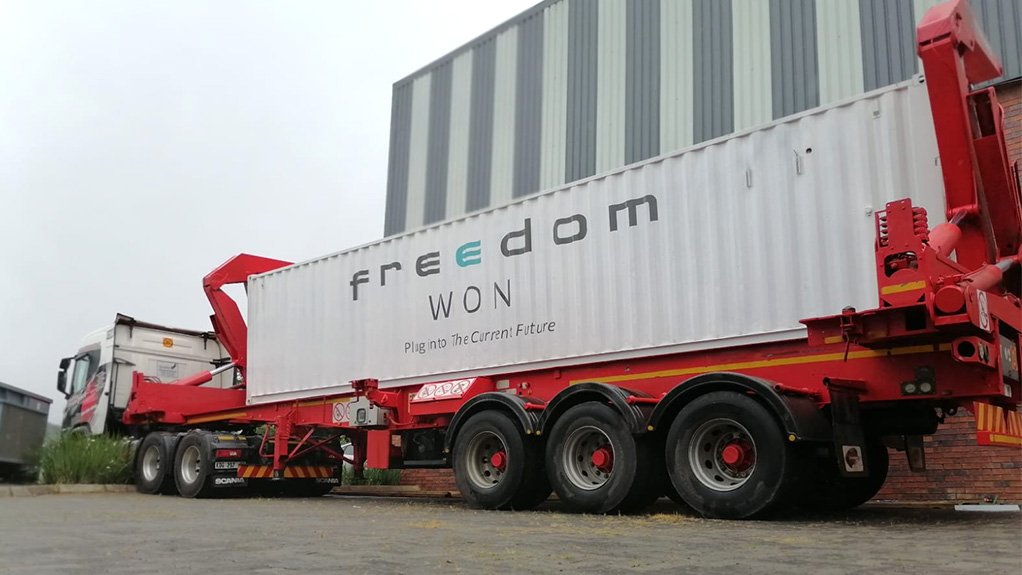
Freedom Won cofounders Lizette Kriel and Antony English
English with his Jeep Cherokee which he converted to an Electric Vehicle in 2009
Team Freedom Won with a complete LiTE Industrial 800/640 HV+ battery.
Freedom Won LiTE Business 80/64 HV battery installed with Victron inverters.
Freedom Won containerised solution being transported to an off-grid project.
South African battery storage pioneer Freedom Won, which is on a rapid, loadshedding-fuelled expansion path, is ramping up production at its newly expanded 15 000 m2 factory in Honeydew, Gauteng, to exceed the current production of 50 MWh of batteries every month – enough energy storage to support around 5 000 South African households in combination with solar power.
The latest expansion, which is unlikely to be its last, forms part of an ongoing upscaling of the enterprise that belies its humble beginnings in 2009, when cofounders Antony English and Lizette Kriel decided to establish a company with some initial funding support from family members.
In fact, Freedom Won, which was officially launched in 2012, started life in English’s double garage at his home on a wildlife estate in Kromdraai, Gauteng, with an eye not on stationary storage applications but rather electric mobility, specifically the conversion of petrol and diesel vehicles to electric.
English, a University of Cape Town electro-mechanical engineering graduate, left his career in the mining industry to team up with marketing specialist and entrepreneur Kriel on the venture, having already converted his own Jeep Grand Cherokee to electric.
The company discovered initial demand in the conversion of game-viewing vehicles and boats; markets with such exacting clients that English was forced to draw on all his engineering experience, as well as five years of self-directed research, to develop a sophisticated and robust lithium battery solution.
That solution’s battery management system, or BMS, which has been refined over the years, remains at the heart of Freedom Won’s stationary batteries, which employ Lithium Iron Phosphate (LiFePO4) cells imported from China.
English tells Engineering News that his electric-mobility vision drew him to the LiFePO4 chemistry, which was initially viewed as too expensive for use in stationary applications – a scenario that has since changed in light of the expansion of cell manufacturing in China.
Nevertheless, Freedom Won remains open to other battery solutions, particularly in light of recent price volatility. However, English believes that LiFePO4 still has advantages – including inherent cell safety, long life, and mature cell manufacturing value chain – that are unlikely to be eclipsed in the near term.
Given the strong domestic growth outlook, English is also increasingly convinced that the South African market is approaching the economies of scale required to make an investment in local cell manufacturing feasible.
Such an investment, which would require technology and commercial partnerships, could also buffer the sector from the type of supply chain disruptions associated, for example, with Covid lockdowns and the recent KwaZulu-Natal floods, which threatened Freedom Won’s production output continuity in 2021.
The recipient of the South African National Energy Association’s 2022 ‘Energy Shapeshifter Award’ may be interested in participating in such a venture, which is likely to require development finance and/or government support to materialise.
In the meantime, the focus at the 330-employee-strong company is on expanding local battery production and integrating as much local content, by volume, as possible, given that the cells still make up the lion’s share of the battery’s value.
Attention is also going towards potential new products, particularly in light of the strong growth in the commercial and industrial market segments, which has been enlivened not only by intensifying loadshedding, but by the surge in diesel prices.
In addition, there is a growing realisation that integrating batteries into grid-tied solar photovoltaic installations materially increases the solar payback by allowing such installations to continue producing when the grid is unavailable, while also taking commercial advantage of time-of-use tariffs by discharging the batteries in peak tariff periods and charging the batteries when tariffs are lower.
For this reason, English believes the commercial and industrial markets could soon emerge as Freedom Won’s most important segments, even though the residential market has hitherto been its bread and butter.
The company believes it is a clear leader in the commercial battery solution market in South Africa, which is a fast-growing segment of the storage market. The home storage market is becoming more competitive, given the proliferation of battery imports. Still, the company believes that in the long-run local manufacturing and localised service will be a differentiator.
Freedom Won is watching the nascent South African utility storage market with interest - a large-scale rollout of utility storage will go a long way to supporting current grid constraints.
The production lines in Honeydew, to which Freedom Won relocated in 2019 having outgrown their previous facility, have been established to address each market segment.
The residential line produces the LiTE Home range (acronym for Lithium to Energy), models ranging in capacity from 10 kWh to 30 kWh, while the LiTE Business line produces models from 40 kWh to 80 kWh. Thirdly, the LiTE Commercial line produces batteries of between 100 kWh and 700 kWh.
The industrial model size is 800 kWh and forms the “building block” for industrial or even larger utility-scale offerings.
English says the facility is currently keeping pace with market demand, but that further expansions are already being considered given growth prospects.
That said, the lack of certified installers has emerged as a new pinch point across all market segments and English believes the supply-side gap is likely to become more acute in the coming few years as the roll-out of renewables and batteries gathers momentum.
The market is likely to be further stimulated by recent funding innovations that are allowing households and businesses to subscribe to access solar-inverter-battery solutions without having to pay the full capital costs upfront.
Such growth is also encouraging Freedom Won to consider corporate activity to ensure that it has the funding, commercial strength, governance, and talent to navigate its ongoing expansions.
“When a company is essentially doubling each year you can imagine that we are having to overcome constraints all the time, with funding having been the main constraint at the start.
“It has been hard for the lending fraternity to really get a grasp on what capital we need and why we need it.
“But there is a far greater receptiveness among funders now, and a growing recognition that Freedom Won has really pioneered a whole new industry that has become game changing.”
Comments
Announcements
What's On
Subscribe to improve your user experience...
Option 1 (equivalent of R125 a month):
Receive a weekly copy of Creamer Media's Engineering News & Mining Weekly magazine
(print copy for those in South Africa and e-magazine for those outside of South Africa)
Receive daily email newsletters
Access to full search results
Access archive of magazine back copies
Access to Projects in Progress
Access to ONE Research Report of your choice in PDF format
Option 2 (equivalent of R375 a month):
All benefits from Option 1
PLUS
Access to Creamer Media's Research Channel Africa for ALL Research Reports, in PDF format, on various industrial and mining sectors
including Electricity; Water; Energy Transition; Hydrogen; Roads, Rail and Ports; Coal; Gold; Platinum; Battery Metals; etc.
Already a subscriber?
Forgotten your password?
Receive weekly copy of Creamer Media's Engineering News & Mining Weekly magazine (print copy for those in South Africa and e-magazine for those outside of South Africa)
➕
Recieve daily email newsletters
➕
Access to full search results
➕
Access archive of magazine back copies
➕
Access to Projects in Progress
➕
Access to ONE Research Report of your choice in PDF format
RESEARCH CHANNEL AFRICA
R4500 (equivalent of R375 a month)
SUBSCRIBEAll benefits from Option 1
➕
Access to Creamer Media's Research Channel Africa for ALL Research Reports on various industrial and mining sectors, in PDF format, including on:
Electricity
➕
Water
➕
Energy Transition
➕
Hydrogen
➕
Roads, Rail and Ports
➕
Coal
➕
Gold
➕
Platinum
➕
Battery Metals
➕
etc.
Receive all benefits from Option 1 or Option 2 delivered to numerous people at your company
➕
Multiple User names and Passwords for simultaneous log-ins
➕
Intranet integration access to all in your organisation











